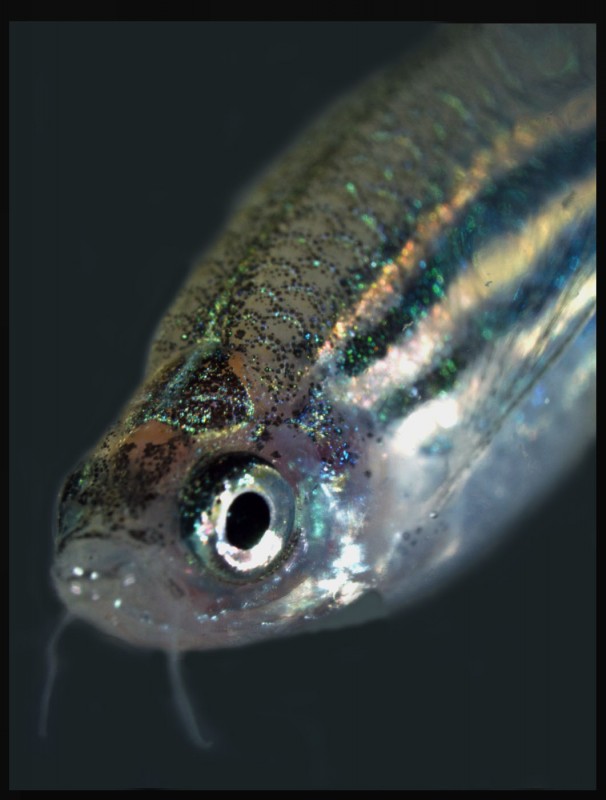By Helen Figueira
May 8, 2015
Time to read: 3 minutes
Deborah Oakley
Boris Lenhard, head of the Clinical Sciences Centre’s Computational Regulatory Genomics group, has won a prestigious Investigator Award from the Wellcome Trust to study protein production.
The Trust says the award aims to support the “brightest researchers with the best ideas.” It represents £1.7 million of research funding which will allow Lenhard to collaborate further with Ferenc Mueller, professor of developmental genetics at the University of Birmingham.
Lenhard and Mueller believe it is their combination of skills that puts them in a unique position. Lenhard brings his computational expertise in exploring biological problems, while Mueller is an experimental biologist and a pioneer of the use of zebrafish as a model in genetics research.

“This project is exactly the kind of partnership we’re keen to encourage at the MRC’s Clinical Sciences Centre,” says Amanda Fisher, director of the Centre. “It brings our cutting-edge computational expertise to bear on fundamental questions in developmental biology. I’m pleased that the Wellcome Trust award recognises just how powerful a combination this may prove to be.”
Together, Lenhard and Mueller will explore how so-called “promoters” – short sections of DNA in our cells – can influence the way our cells produce proteins.
All body tissue, such as hair, skin, and muscle, is made of proteins. Proteins are produced inside the body’s cells, following instructions found in our genes. But to make a protein, the information within a gene must first be turned into a small, messenger molecule called RNA. This two-stage process of protein production begins at a short section of DNA called a promoter, a sort of master controller for our genes.
Promoters come in many different forms. Scientists don’t understand why, but suspect this is important. If Lenhard and Mueller can begin to unpick this diversity, they may be able to understand why disruptions to protein production lead to disease.
Genes and promoters appear to “communicate” using a coded language, which the pair aim to understand. They have already found that not only is this language coded, but our cells seem able to use several different gene-promoter languages at the same time. This was set out in a paper published last year in the science journal, Nature, in which Lenard and Mueller showed that promoters sometimes overlap each other on one section of DNA.
“When two promoters overlap they can read sentences from two different languages, even when the words are scrambled together,” says Lenhard. “Different cells can read one language or the other. Our job is to understand how they do it.”
The work will begin in autumn 2015 in the CSC’s Imperial Centre for Translational and Experimental Medicine (ICTEM) laboratories.
Find out more about The Wellcome Trust’s Investigator Award.
—————————————————————
For further information about Lenhard’s research, contact:
Susan Watts
Head of Public Engagement and Communications
MRC Clinical Sciences Centre
Du Cane Road
London W12 0NN
T: 0208 383 8247
M: 07590 250652
E:
Deborah Oakley
Science Communications Officer
MRC Clinical Sciences Centre
Du Cane Road
London W12 0NN
T: 0208 383 3774
M: 07711 016942
E: